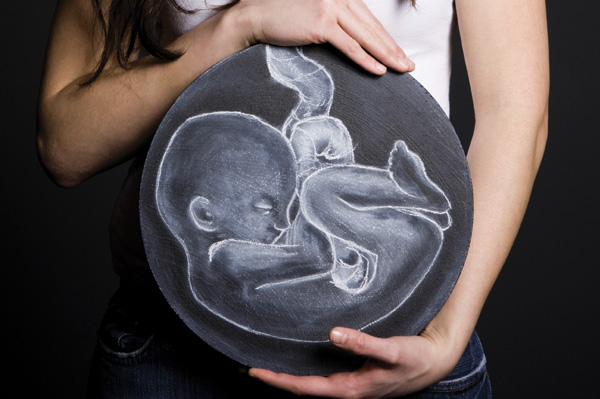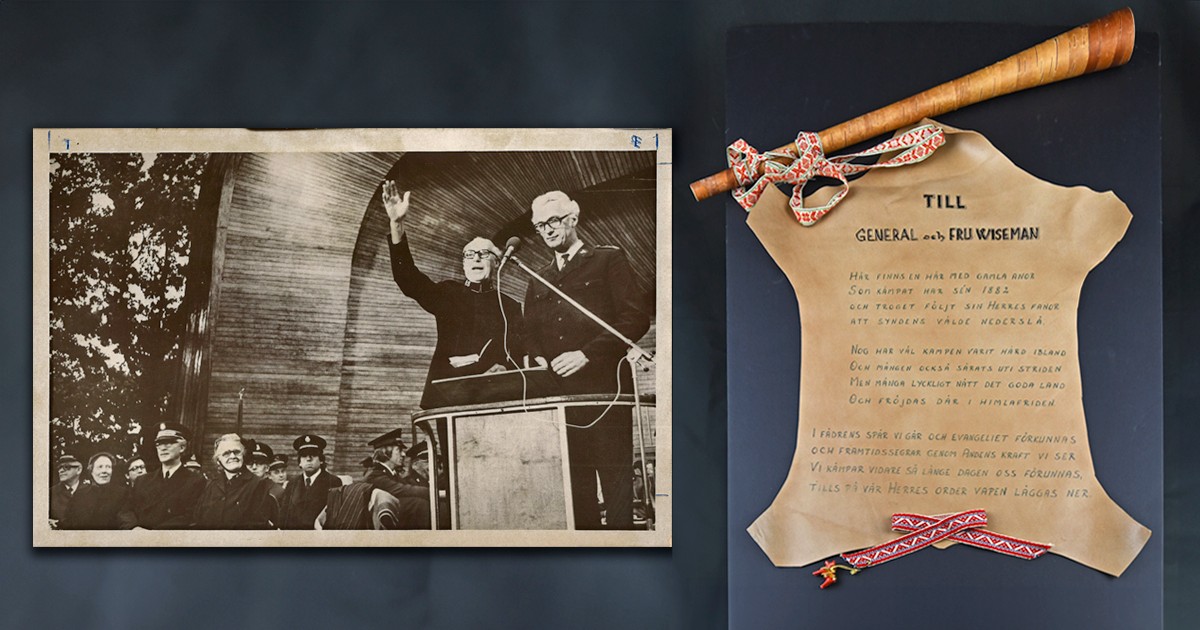 When my friend told me about her abortion, I was shocked. It happened in her early 20s. At the time, she and her husband didn't feel ready, mentally or financially, to have a child, so they terminated the pregnancy. Now in her early 40s, my friend desperately wants to have a child but has been unable to conceive. She regrets the decision made in her youth.
When my friend told me about her abortion, I was shocked. It happened in her early 20s. At the time, she and her husband didn't feel ready, mentally or financially, to have a child, so they terminated the pregnancy. Now in her early 40s, my friend desperately wants to have a child but has been unable to conceive. She regrets the decision made in her youth.
In another case, a co-worker of mine was expecting her third child. Because of her age, doctors advised amniocentesis, a procedure in which a small sample of amniotic fluid is drawn out of the uterus in order to detect genetic abnormalities in the fetus such as Down Syndrome. In case of a positive finding, the parents can elect to abort the fetus. She refused to take the test on the grounds that the child growing inside her was a gift from God.
Two different cases; two different responses. One couple chose to terminate the pregnancy because it was inconvenient. The other resolved to put their trust in God, regardless of the outcome. While each case is different, the responses typify the growing divide between the Church's emphasis on sanctity of life and society's pressure to prioritize personal choice and convenience.
Medically Necessary?
The Salvation Army's Position Statement on Abortion states that “human beings are made in the image of God. Each person is of eternal value and each life a gift from God worth cherishing, nurturing and preserving.” This includes the unborn.
Although age and immaturity are often cited as factors for unplanned pregnancy, statistics tell a different story. According to Statistics Canada, in 2003 women aged 20-24 years had the highest number of induced abortions at 32,662, nearly double the rate of teenage abortion (17,656). The next highest category was women aged 25-29 years with 22,236. From this data, it appears that abortions have become socially acceptable and are increasingly used as a form of birth control by mature, educated women.
In practical terms, abortion is an enormous drain on our already overburdened health-care system. Canada is one of only a few nations to fund “medically necessary” abortion at the taxpayer's expense. As the current Health Act does not define what is “medically necessary,” each province receives funding on a very loose basis. The result is that even those who disagree with abortion are forced to support it indirectly through their tax dollars.
Abortion also continues to be a highly charged political issue. During the federal election in May 2011, the International Planned Parenthood Federation voiced its dissatisfaction with the Conservative government when Prime Minister Stephen Harper changed the criteria under his G8 initiative to exclude safe abortion services in developing countries. Though the government has vowed not to reopen the abortion debate at home, there are many Christians who passionately feel that a pro-life voice needs to be heard.
Avoiding Judgment
Are there circumstances in which abortion should be allowed? Is it ever permissible to end the life of an unborn child? Sometimes a pregnancy can jeopardize a mother's life. In the case of pregnancy from rape or incest, some feel that having the child only compounds the violation. These situations pose difficult ethical questions for Christians.
Regardless of the reasons or rationale, we must be careful not to become judgmental toward those who choose abortion. Our position statement says, “Women who have had an abortion deserve care and respect, and The Salvation Army will offer them its services in a loving and compassionate manner.” Too often the Church has stood in judgment over people at a time when they most needed the love of Jesus. Violence, whether physical, emotional or verbal, is never the answer.
I think the best thing we can do is be an example and remind others of the sanctity of life, which begins from the moment of conception. As Christians, we must not grow ambivalent about this issue. Although choice and tolerance are seen as supreme virtues in our society, it is possible to be pro-life and pro-women.
When I was pregnant, I experienced a wondrous intimacy with my unborn daughter. My husband was terminally ill at the time. He told me that God gave us a daughter to keep me company when he was gone. For that reason, I'm acutely aware of the preciousness of life.
May God help us to show the world that every life matters, no matter how small.
What do you think about the Army's stand on abortion? The Social Issues Committee would like to hear from you. Write to us at social_issues@can.salvationarmy.org or join the conversation here at Salvationist.ca.
Estee Lau is executive assistant to the secretary for business administration at territorial headquarters in Toronto. Estee was appointed as a member of the Social Issues Committee in February 2009.










Leave a Comment